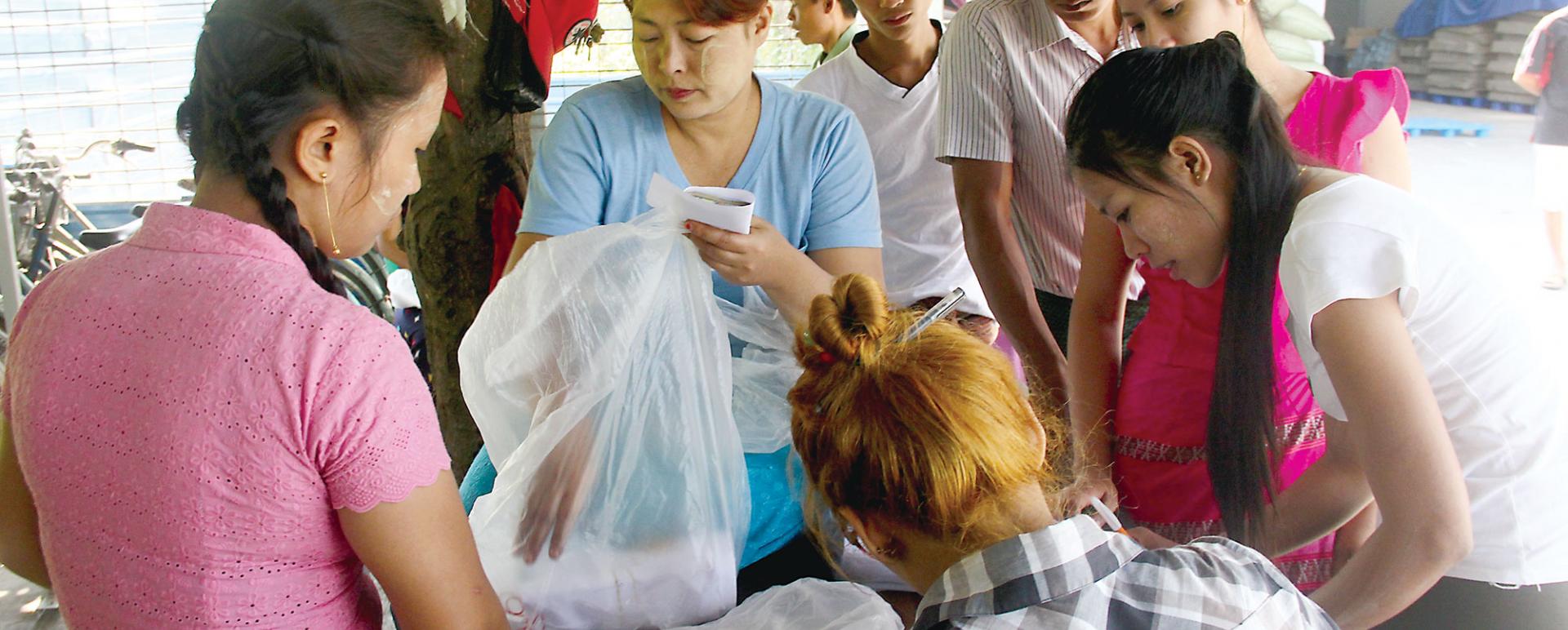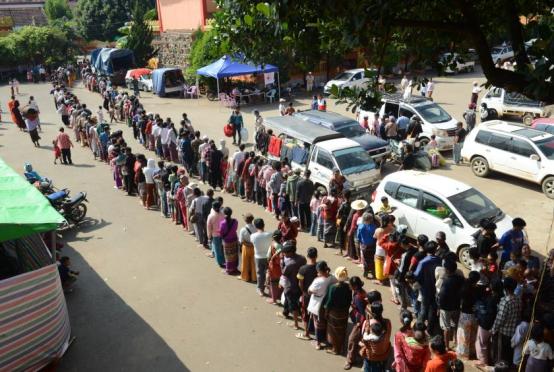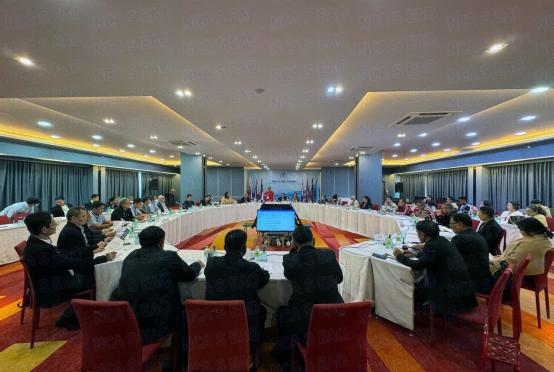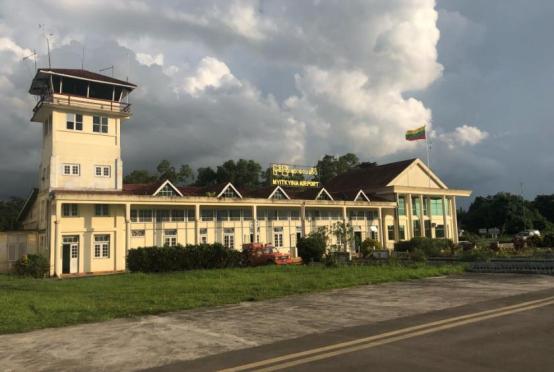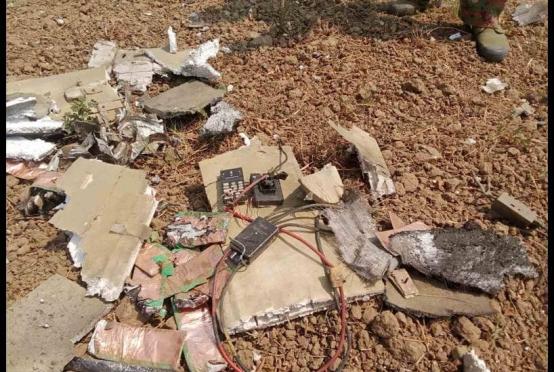AYNGON- Factories in Yangon Region are being downsized due to COVID-19 and at the moment, there are 59 factories which are temporarily or permanently closed in Yangon Region.
In Yangon Region, there are 29 industrial zones and a Thilawa Special Industrial Zone. Among the 59 factories, 31 factories have downsized the number of workers and 21 factories are temporarily or permanently closed. But, some of the workers expelled from these factories are now working in other factories and as a result, the number of unemployed workers couldn’t be able to count exactly according to Yangon Region minister for Immigration and Human Resources Moe Moe Su Kyi.
“There are 59 factories in Yangon Region and some factories downsized their manpower. Earlier, we could say in detail about how many were unemployed. There are roughly 12000 to 17000 workers working at these factories. Some are among the downsized number but some are already re-joining in other factories now,” said Yangon Region minister for Immigration and Human Resources Moe Moe Su Kyi.
Majority of garment factories in Myanmar heavily rely on raw materials from China. As the import from China is declining, and at the same time, orders for the garments are declining, most of Myanmar garment factories face challenges. Majority of factories are closed as they face shortage of raw materials, decline market demand, and some are closed for other reasons, too. As many of the workers working at the factories are internally migrant people, their families faced hardship due to the closing of factories.
There are some factories reducing workers’ salaries due to COVID-19 and unemployment rate is higher these days. Besides, workers’ protests emerged for the closing and reducing of workers’ wages. Concerning the problem, Yangon Region Chief Minister Phyo Min Thein, Yangon Region Minister for Immigration and Human Resources Moe Moe Su Kyi and leader of the Labour Organization met and discussed the problem on March 30.

